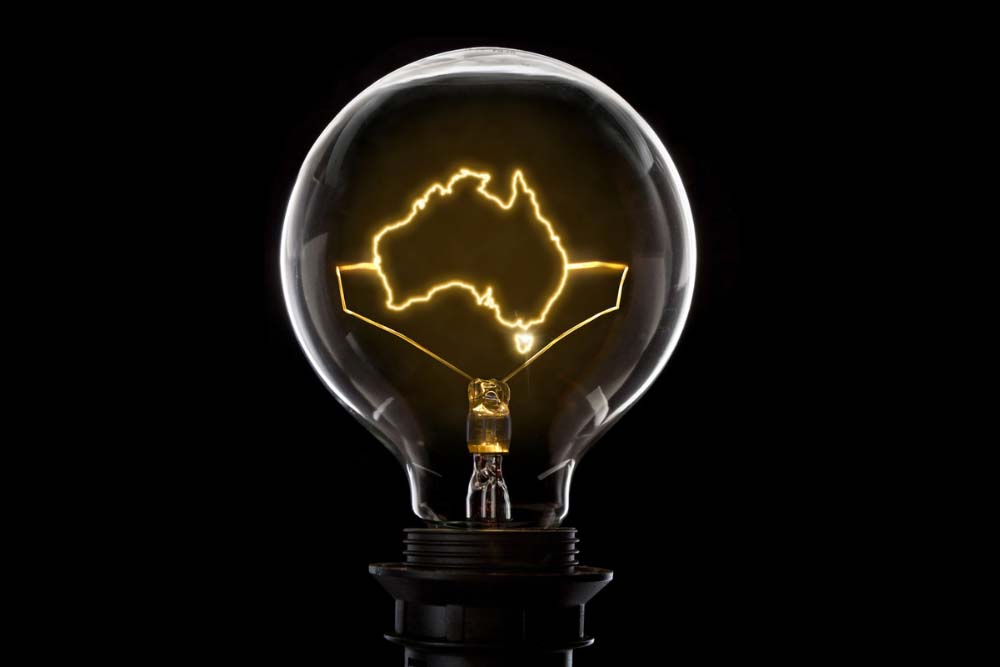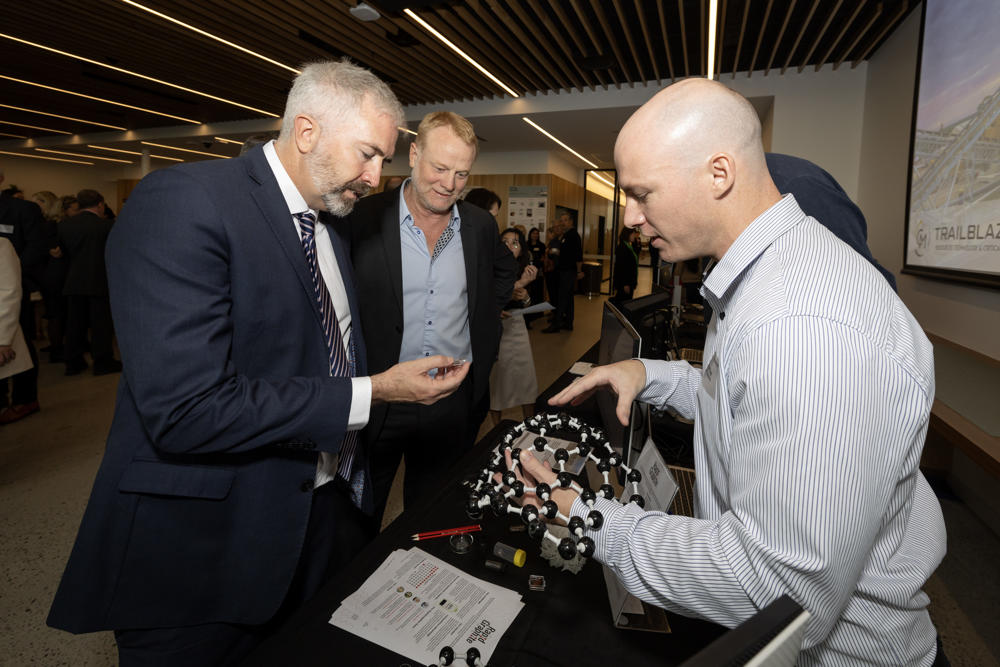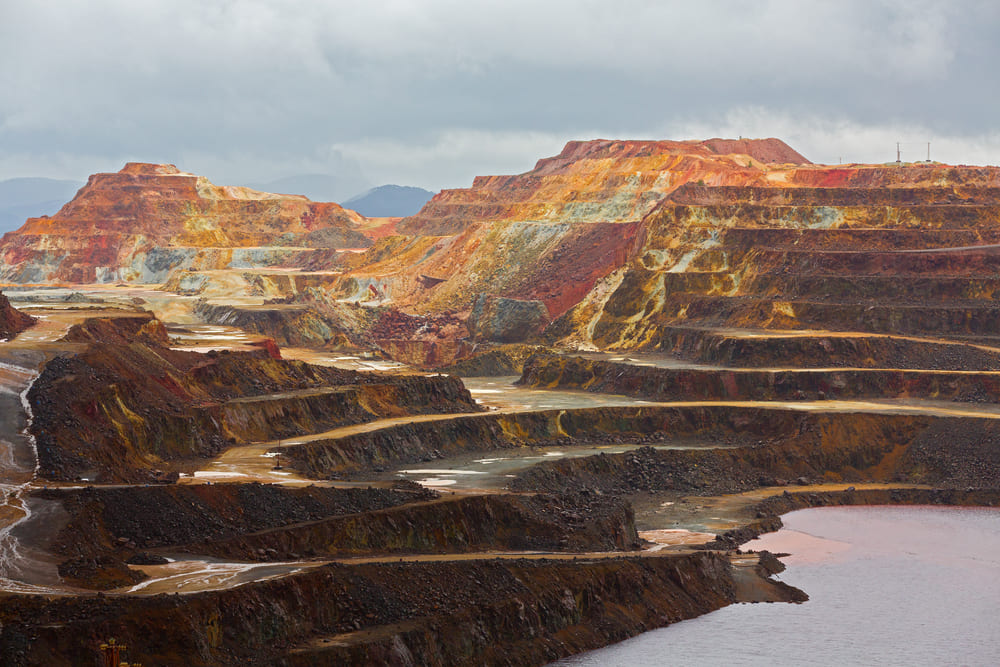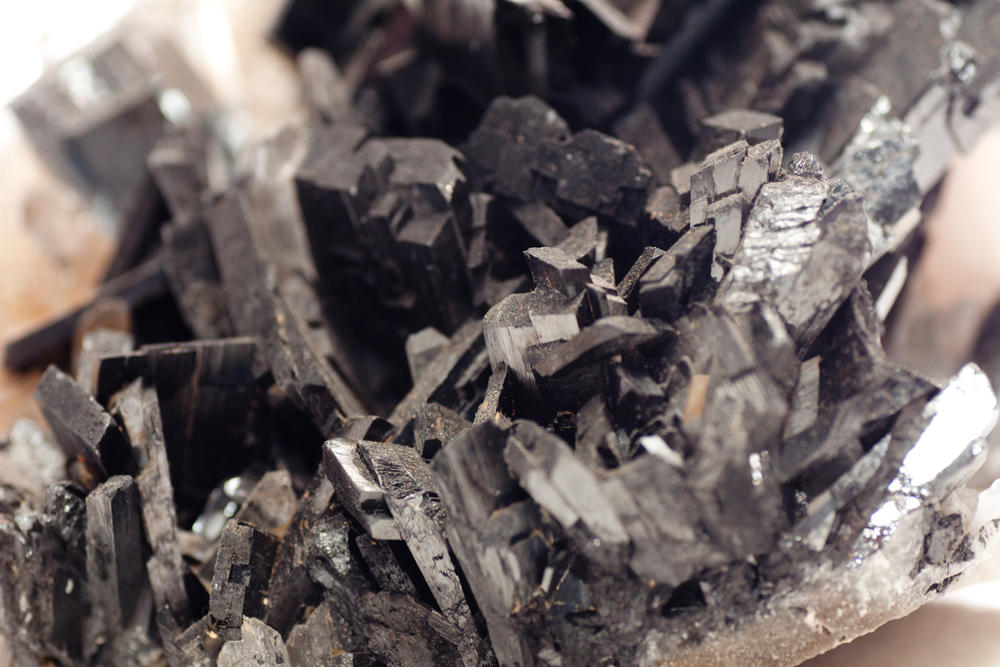
The Superpower Institute (TSI), headlined by prominent business-people and scientists, recently released a proposal which would impose a levy on fossil fuel extraction sites and ports in Australia, a suggestion which has been criticised by the Minerals Council of Australia (MCA).
The proposal ultimately covers three themes and serves as a package of funded measures aimed at easing the cost of living pressures and creating competitiveness in large and growing zero-carbon export industries.
TSI states that markets should be left free to allocate resources in all areas where competition is possible.
This then allows the Australian government to concentrate on responsibilities such as the efficient provision of public goods, and natural monopoly services such as electricity transmission and hydrogen transport and storage.
TSI argues that the choice of projects within the Commonwealth’s new Capacity Investment Scheme (CIS) should support investment without imposing official preferences on market choices.
The proposal states that Australia should not be responding to the Inflation Reduction Act (IRA) by funding the energy transition from budget deficits “or being inward-looking and protectionist”.
Instead, Australia’s green exports can benefit from Europe’s Carbon Border Adjustment Mechanism (CBAM) and the proposal for innovations can be supported by establishing a Superpower Innovation Incentive Scheme (SIIS) to support early investors in each of the new green export industries.
TSI considers the absence of markets paying premiums for activities that impose on others, as well as being rewarded for doing so, to be a market failure.
This point is argued as the organisation offers a solution to the “market failure” associated with carbon emissions — a Carbon Solution Levy (CSL) at all fossil fuel extraction sites and import ports in Australia.
MCA CEO Tania Constable has since responded to the TSI, she stated that “to impose an additional tax on Australian industry would seriously undermine our international competitiveness and result in jobs losses across the country.
“The industry is getting on with the job of reducing emissions at pace, investing in new technologies, innovating their operations, and plotting a genuine path towards decarbonisation — reducing global emissions will require innovation and creativity, simplistic and blunt taxes on Australian industry is not the way forward.
“The challenge Australia must be focused on is how we get there without damaging our economy and slashing tens of thousands of regional jobs and billions in investment.”












